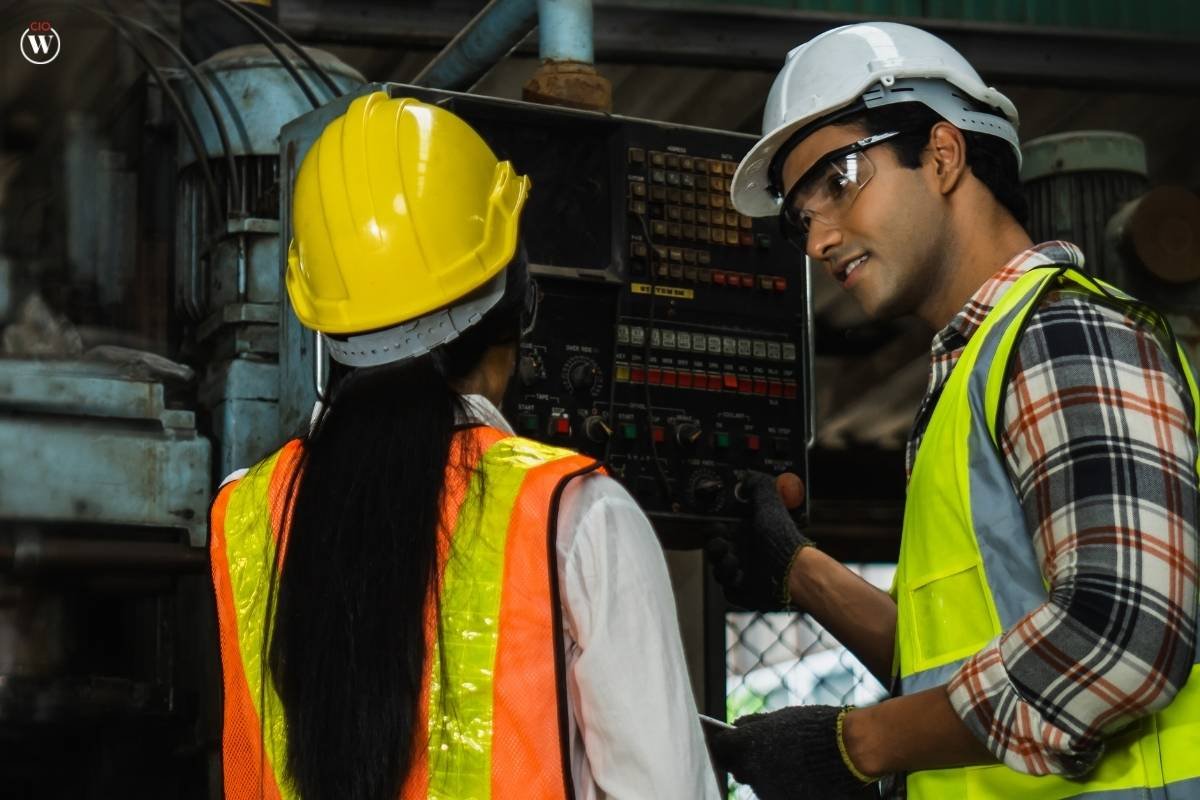The manufacturing industry has long been associated with male-dominated spaces and traditional gender roles. However, as societal norms evolve and industries undergo transformations, opportunities are emerging for women in non-traditional manufacturing roles. This shift is not only beneficial for women but also for the manufacturing sector itself, as it harnesses the untapped potential of a diverse workforce. In this article, we will explore the challenges and opportunities that women encounter in non-traditional manufacturing roles, shedding light on the progress made and the work that remains to be done.
The Changing Face of Manufacturing
Traditionally, manufacturing has been viewed as a male-centric industry, with many positions requiring physical strength and technical skills. However, recent advancements in technology, automation, and changing workplace dynamics have transformed the manufacturing sector, opening doors for women to enter non-traditional roles. These roles include positions in engineering, machine operation, maintenance, quality control, and leadership.
Challenges Faced by Women in Non-Traditional Manufacturing Roles
- Stereotypes and Prejudices
One of the primary challenges women face in non-traditional manufacturing roles is the persistence of stereotypes and biases. The belief that manufacturing is a man’s world can create a hostile environment for women, leading to discrimination, bias, and lack of opportunities. These stereotypes can undermine women’s confidence and discourage them from pursuing careers in manufacturing.
- Gender Pay Gap

The gender pay gap is a longstanding issue that transcends industries. In manufacturing, it’s no different. Women often earn less than their male counterparts for the same work, which can be a significant demotivator. This pay gap not only affects individual women but also contributes to the broader problem of gender inequality within the industry.
- Lack of Representation
Another significant challenge women face in non-traditional manufacturing roles is the lack of representation. Women often struggle to find female role models or mentors in the industry, which can hinder their career progression. The absence of representation can also result in feelings of isolation and alienation.
- Work-Life Balance
Balancing work and personal life is challenging in many professions, but it can be particularly difficult in the manufacturing sector. Long hours, shift work, and the demands of certain manufacturing roles can be incompatible with family responsibilities. Women often face the difficult choice between pursuing their careers in manufacturing and meeting their family obligations.
- Access to Education and Training
To excel in non-traditional manufacturing roles, women need access to education and training that equips them with the necessary skills and knowledge. Unfortunately, women still face barriers in accessing quality education and training programs, limiting their opportunities for career advancement in the industry.
Opportunities for Women in Non-Traditional Manufacturing Roles
- Increasing Awareness and Advocacy
There is a growing awareness of the importance of diversity and inclusion in the manufacturing sector. As a result, more organizations are taking steps to address gender disparities and promote gender equality. These initiatives include diversity and inclusion training, mentorship programs, and outreach efforts to encourage more women to consider careers in manufacturing.
- Skill Development and Training

To empower women in non-traditional manufacturing roles, it’s essential to provide them with access to education and training programs. Manufacturing companies, trade schools, and community colleges can play a pivotal role in offering skill development opportunities, thereby equipping women with the skills they need to excel in their chosen roles.
- Supportive Workplaces
Creating supportive workplaces is crucial for attracting and retaining women in non-traditional manufacturing roles. This includes implementing policies that promote work-life balance, addressing gender-based discrimination and harassment, and fostering a culture of inclusivity and respect.
- Mentorship and Networking
Mentorship and networking opportunities are vital for women in non-traditional manufacturing roles. Women need access to mentors and networks that can help them navigate the challenges they face and guide their career development. Building a strong support system within the industry can significantly boost women’s success.
- Leveraging Technology
The manufacturing industry is becoming increasingly technology-driven, which can level the playing field for women. Automation and robotics can reduce the physical demands of certain roles, making them more accessible to a broader range of individuals. As the industry continues to evolve, opportunities for women in non-traditional manufacturing roles will expand.
Success Stories
Despite the challenges, many women have successfully carved out careers in non-traditional manufacturing roles, serving as inspirations for others. These success stories highlight the potential for women to thrive in the manufacturing industry:

- Rupal Choudhary: Rupal is a mechanical engineer who works in the aerospace manufacturing industry. Her dedication to her craft and her passion for aviation led her to overcome gender stereotypes and earn her place in a traditionally male-dominated field.
- Sarah Rodriguez: Sarah is a manufacturing technician in a semiconductor fabrication plant. Her commitment to learning and her ability to adapt to new technologies have made her a valuable asset to her company, dispelling the myth that women cannot excel in technical roles.
- Marianne Jensen: Marianne is a quality control manager in a large automobile manufacturing plant. Her leadership skills and attention to detail have earned her recognition within the company, proving that women can thrive in positions of responsibility.
Conclusion
The manufacturing industry is undergoing a transformation, opening doors for women to pursue non-traditional roles. While challenges such as stereotypes, biases, and the gender pay gap persist, there are also opportunities for women to excel in manufacturing, driven by awareness, advocacy, skill development, and supportive workplaces. Success stories of women who have overcome these challenges serve as a beacon of hope for others.
It is essential for the manufacturing sector to continue its journey towards gender equality and diversity, not only for the benefit of women but for the industry as a whole. Diverse teams are more innovative and better equipped to address complex problems. As the industry evolves and embraces new technologies, the role of women in manufacturing will become increasingly important.
To truly achieve equality in non-traditional manufacturing roles, it is necessary for companies and organizations to actively champion diversity and inclusion. This includes promoting women in leadership positions, advocating for equal pay, and fostering an inclusive culture that welcomes and supports women in all roles. The future of the manufacturing industry is brighter and more dynamic when it embraces the talents and potential of all, regardless of gender.









